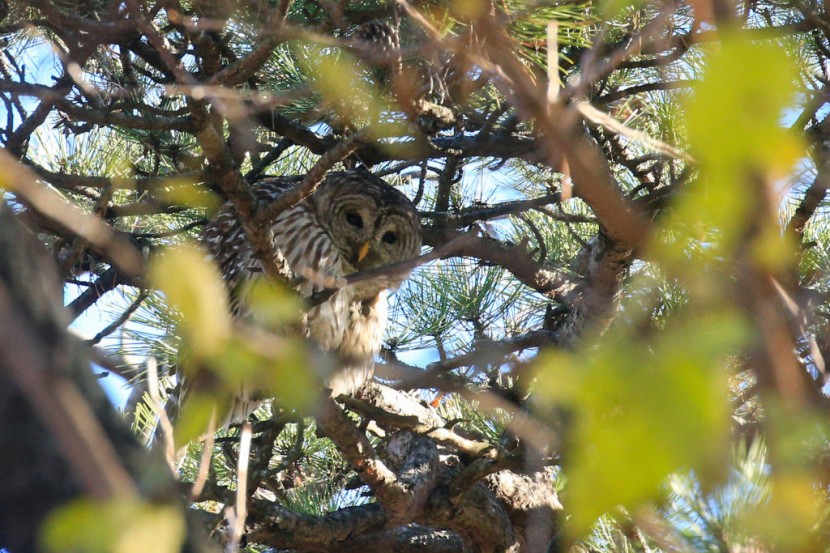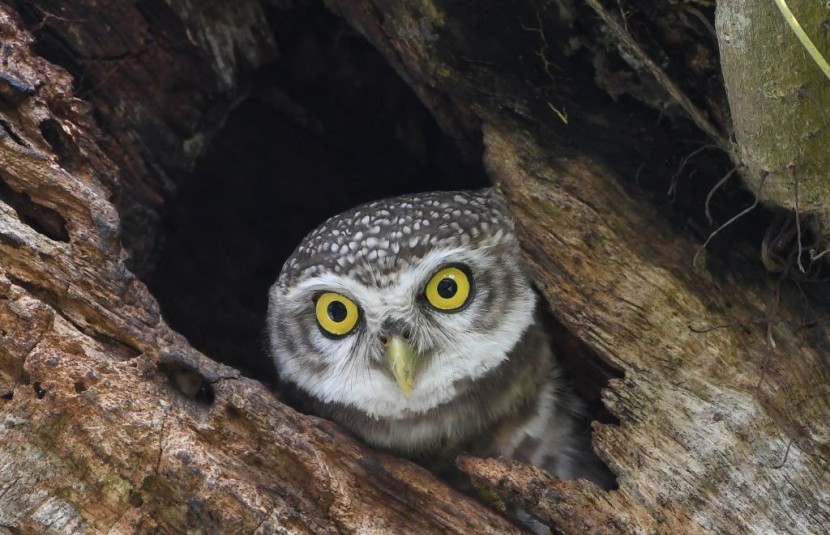The U.S. Fish and Wildlife Service offered a grim proposal that can help save endangered owls. Sadly, this suggestion involves killing hundreds of thousands of other owls to save endangered ones.
USFWS officials said the plan will open for public commentary until early 2024. This means that the Wildlife Protection Agency will listen to what Americans say about the initiative before it is implemented.

The U.S. Fish and Wildlife Service specifically plans to eliminate barred owls to protect spotted owls. Here are other details the organization shared.
USFWS Offers Grim Proposal to Save Endangered Owls
Barred owls are invasive birds that originated on the U.S. East Coast. These owls have been in the Pacific Northwest since 1950 (and are still growing in numbers).
Because of these, spotted owls, which are located in Washington, California, and Oregon, are getting outnumbered by these invasive feathered animals.
According to NBC News' latest report, USFWS said that if needed actions are not taken, barred owls will continue to threaten the existence of protected spotted owls.
Many biologists and other animal experts warned that spotted owls could disappear within the next few years. In the worst-case scenario, these endangered birds could even become extinct.
This is because barred owls tend to be more aggressive and have wider diet varieties than spotted owls. Unlike the endangered species, these invasive birds eat anything, such as amphibians, insects, fishes, and even other smaller winged animals.
Compared to spotted owls, barred owls are huge and more territorial. This means that if they continue to outnumber endangered ones, they could soon displace them.
As of writing, spotted owl populations are still declining. Because of this, they are listed under the Endangered Species Act.
Read Also: Swine-vasion from the North: How Canadian 'Super Pigs' May Affect US Crops
USFWS Plans Killing Almost 500,000 Barred Owls

Newsweek reported that the U.S. Fish and Wildlife Service plans to kill almost 500,000 barred owls to protect spotted and other native owl species.
USFWS officials said this initiative should be done since spotted owl populations have already declined by between 35% and 80% over the past 20 years.
"They have dramatic impacts on northern spotted owl populations," said Humboldt State University conservative lecturer Jeffrey R. Dunk.
He explained that a recent study showed that experimental barred owl controls helped decrease northern spotted owl population declines at an average rate of 0.2% per year.
This greatly improved compared to spotted owl populations that didn't receive barred owl control efforts, leading to a 12.1% yearly decline.
"The former rate of 0.2 percent is essentially a stable population, but a population declining at a rate of 12.1 percent per year is dramatically declining," argued Jeffrey.
"Essentially, the difference in these rates represents the impacts of barred owls on northern spotted owls," he added.








